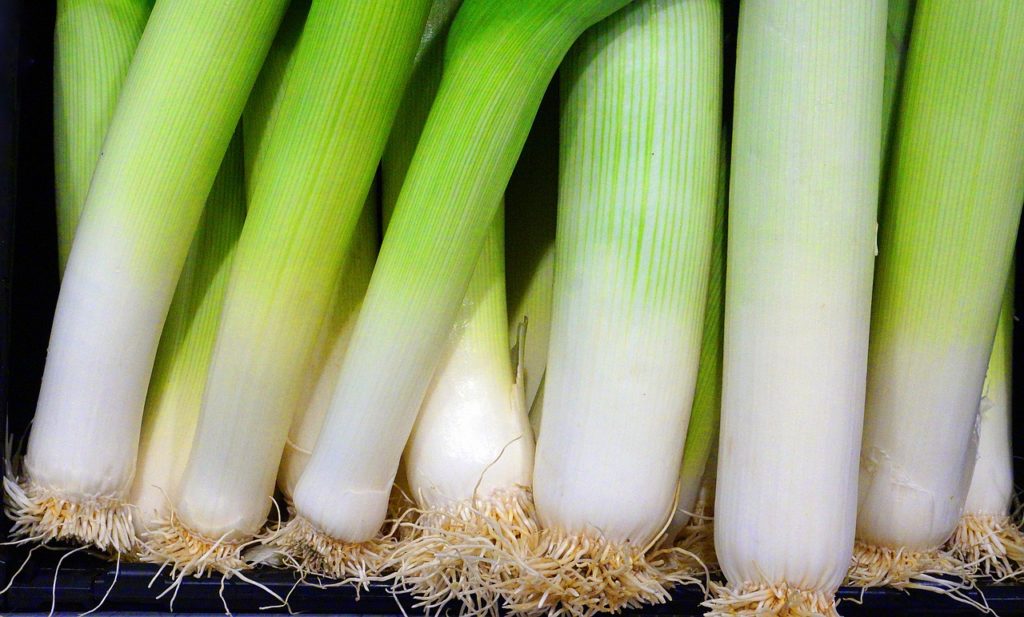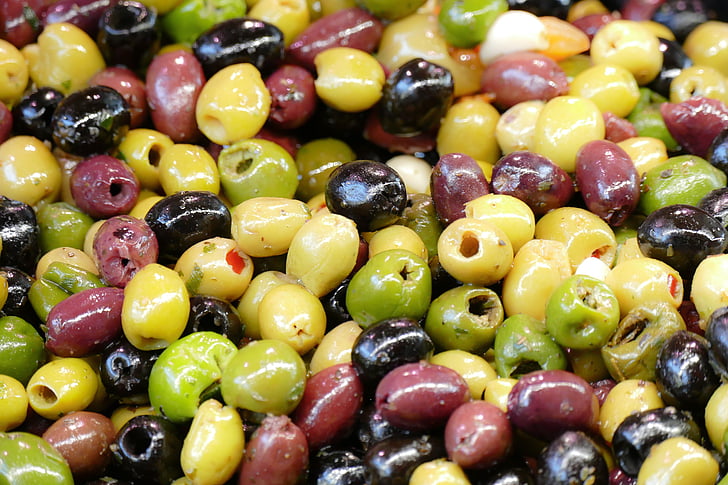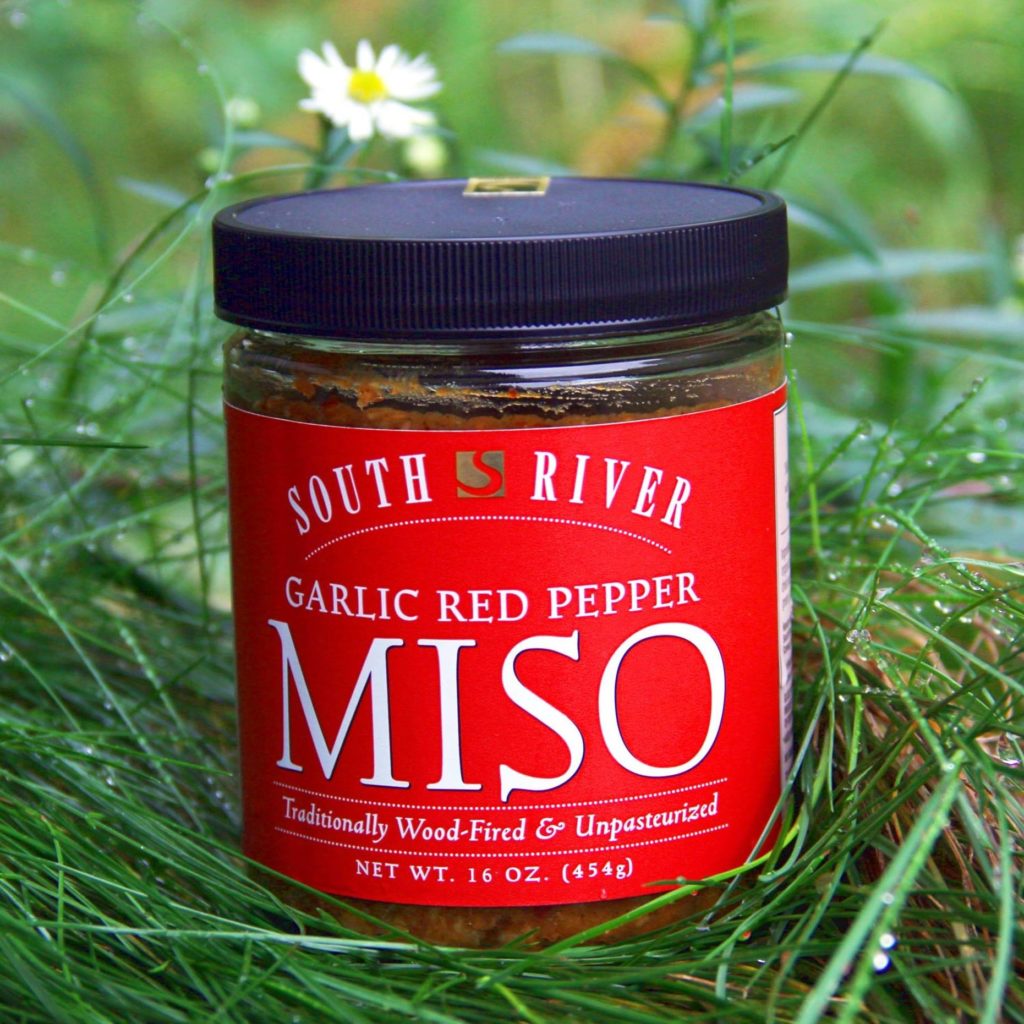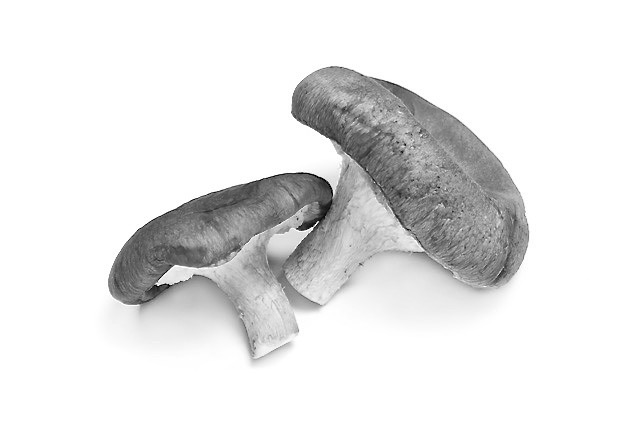
Approximately 70% of your immune system resides in your gut, and probiotics (good bacteria) are at the heart of its activity. This area of immune artillery is referred to as your gut microbiota. A balanced presence of probiotics strongly influences immune system function, strengthens the stomach’s protective barrier lining, and decreases the severity of respiratory infections. Establishing a balanced microbiota plays a vital role in preventing health complications.
The goal is to continuously feed your microbiota to achieve a balanced, health-supporting mixture. The first way to accomplish this is to diversify your food choices, vegetables, include a variety of beans, teas, and spices in your quest to keep the microbiota healthy. The fiber in vegetables and other plant foods feed your gut microbiota. They then manufacture additional compounds needed for protecting your health.
The second indispensable way to create a healthy probiotic balance is to include a daily serving of a prebiotic or fermented food. Prebiotics are food for probiotics. They contain fibers that feed the probiotics already present in your gastrointestinal tract. The more prebiotic foods you eat, the healthier your gut will be. During the process of fermentation, foods develop their own supply of probiotics that are delivered directly to your gut upon consumption. Fermentation was traditionally used for food preservation. Common prebiotic and probiotic-containing fermented
foods include:
Prebiotic Foods:
• Almonds
• Asparagus
• Artichokes
• Bananas
• Beans
• Endive
• Garlic
• Greens
• Honey
• Jerusalem artichoke
• Jicama
• Kiwi
• Leeks
• Mushrooms
• Oats
• Onions
Fermented Foods:
• Apple cider vinegar
• Cultured yogurt (dairy or non-dairy)
• Cured olives
• Fermented vegetables
• Kefir (dairy or coconut)
• Kimchi
• Miso
• Natto
• Raw cheese
• Sauerkraut
• Tempeh

I recommend eating fermented food every day. If you are new to fermented foods, the flavor can take a bit of getting used to. Start with a spoonful of fermented vegetables every morning. Even this small amount will have huge benefits. One of the milder blends, such as carrot, ginger, and cabbage would be a good way to acclimate your taste buds. Try putting a spoonful on top of a sandwich or salad.
Make sure the label says one of the following: “raw,” “wild fermented,” “unpasteurized” or “traditional method.” These products will always be found in the refrigerated section of the supermarket. Beware! Some stores are putting shelf-stable, non-probiotic, non-fermented sauerkrauts onto the refrigerator shelves next to the truly fermented vegetable products. It is imperative to carefully scan the labels. The easiest way to make sure your getting get the real type is is to look for “raw” and “unpasteurized” on the label.
Miso paste is an easy and inexpensive way to get your daily dose of probiotics. Think of miso as salt and add it to anything you would add salt to ( instead of salt). It adds great flavor to bean dip, pesto, and soups, especially bean soups. To get a little every day add it to your salad dressing. Since it is a thick paste, miso needs to be thinned first with a small amount of water or whatever you’re mixing it into. For hot foods, add it after the heat has been turned off and the food has cooled as the heat kills the probiotics present in any fermented food.

A product I love
• South River Miso. This family-owned company makes miso according to the traditional Japanese farmhouse method. They offer delicious miso varieties including brown rice, dandelion leek, chickpea and azuki bean.



